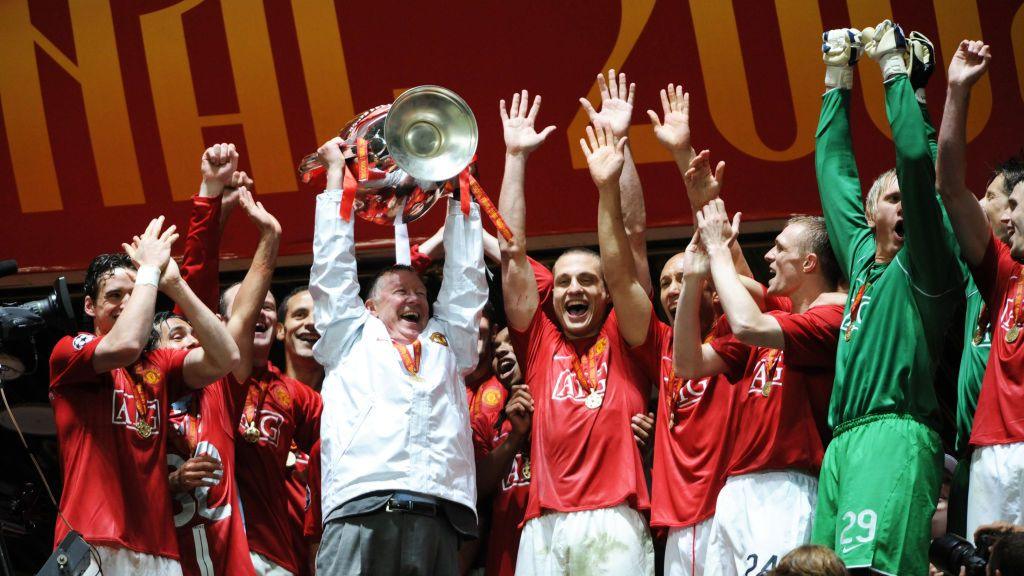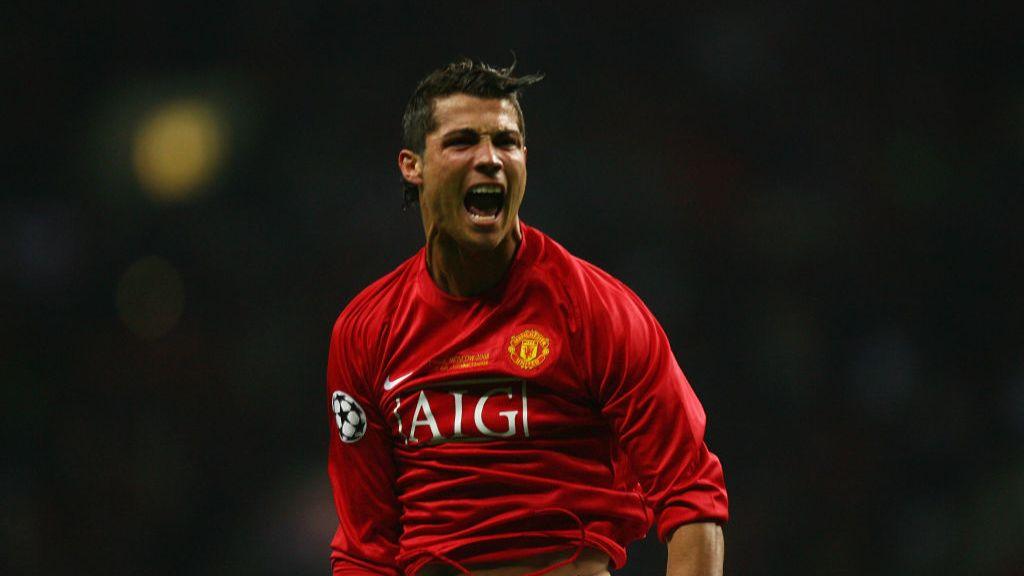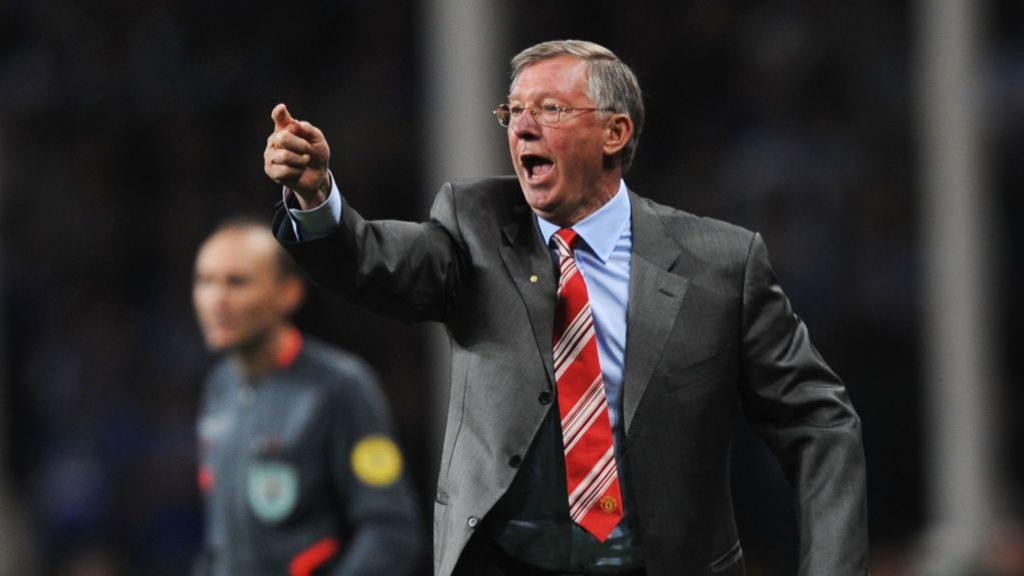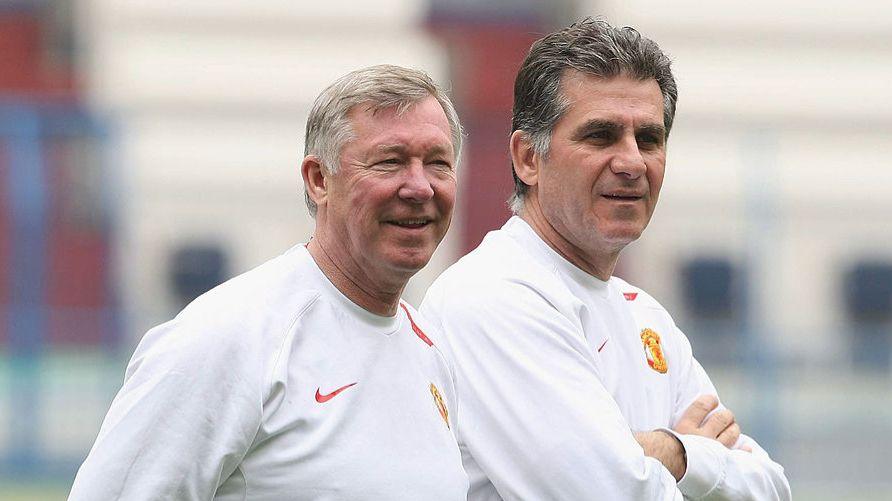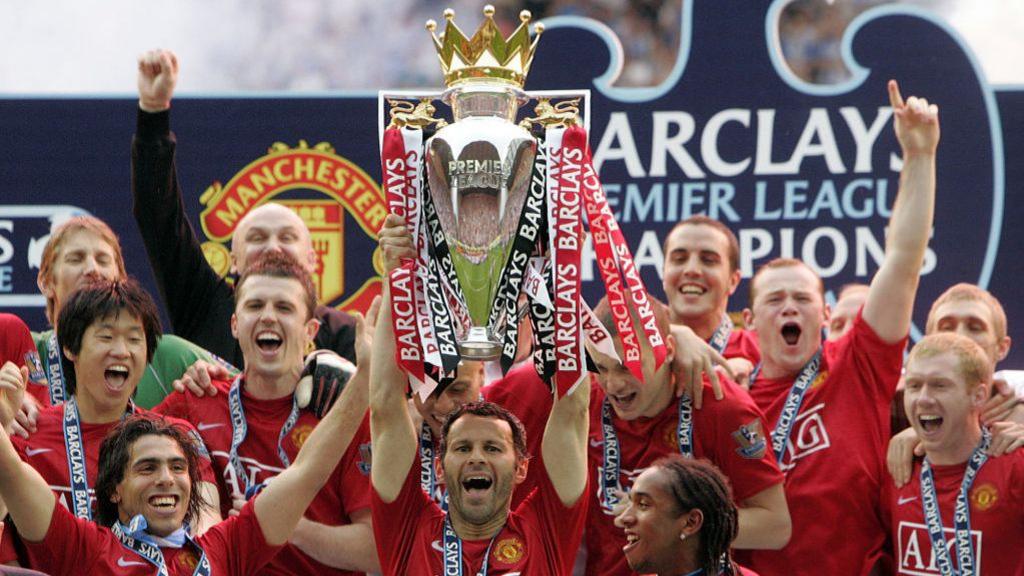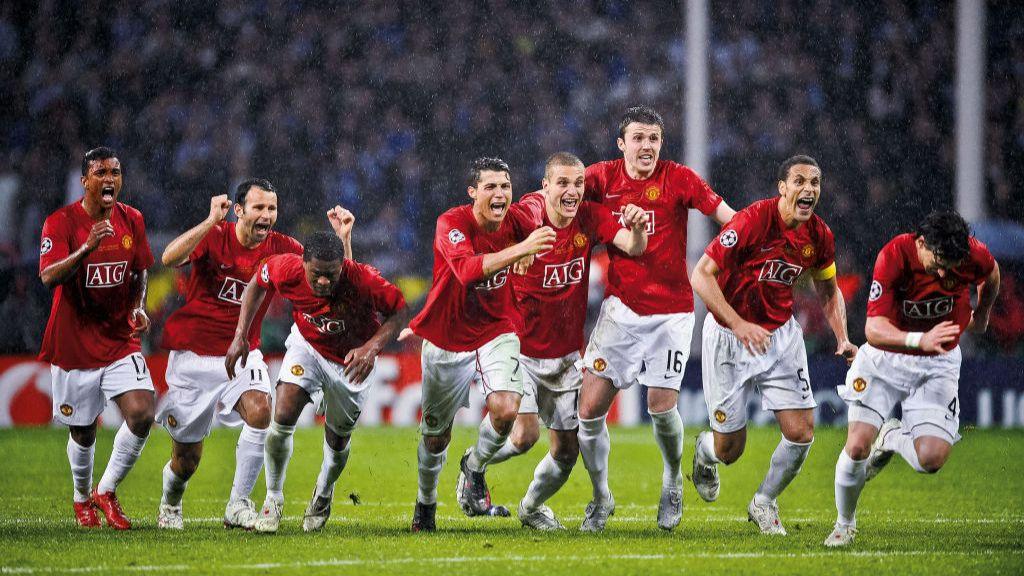This is a tale of two sets of tears.
The first takes place in the suffocating glare of the global spotlight - in Moscow's Luzhniki Stadium in 2008.
Millions watch on television around the world, as a British manager ascends to icon status after a torrential downpour and that slip.
The second, three years earlier, and 3,000 miles away, takes place behind the locked dressing room doors of the Estadio do Benfica in Portugal.
John Terry's miss in the 2008 Champions League final between Chelsea and Manchester United is the stuff of footballing folklore.
The narrative says the Chelsea talisman could have won the cup but messed it up.
Rio Ferdinand's take on proceedings is a little different.
For the former Manchester United and England defender, the origins of victory in the Russian capital must be traced back to an entirely different moment of emotion.
Years earlier, in the dry heat of a Portuguese late evening, it was a young Cristiano Ronaldo who was left in floods of tears by the famed Sir Alex Ferguson hairdryer.
